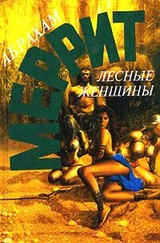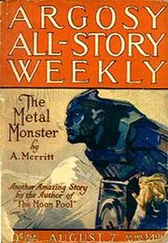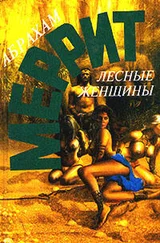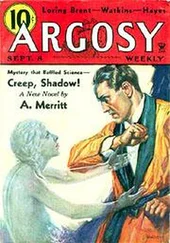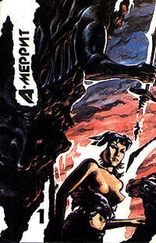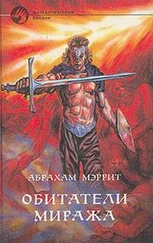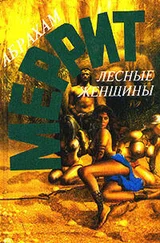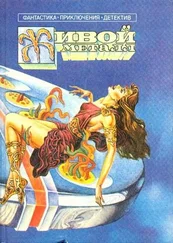"Man who knows Maldronah," smiled the king. "You wonder how I, alone, have greater power than these priests and all their gods? Well—it is because in all Emakhtila I am the only one who has neither gods nor superstitions. I am the one man who knows there are only three realities. Wine—which up to a certain point makes man see more clearly than the gods. Power—which being combined with man's cunning makes him superior to the gods. Death—which no god can abolish and which I deal at will."
"Wine! Power! Death!" chanted the Chinese.
"These priests have many gods—each of them jealous of all the others. Ho! Ho!" laughed the king. "I have no gods. Therefore I am just to all. The just judge must be without prejudice; without belief."
"Our lord is without prejudice!" chanted the Chinese. "He has no beliefs!" intoned the bowmen. "I am on one side of the scales," nodded the king. "On the other side are many gods and priests. There are only three things that I am sure are real. Wine, power, death! Those who try to outweigh me have beliefs many times three. Therefore I outweigh them. If there were but one god, one belief opposite me—lo, I would be outweighed! Yea—three to one! That is paradox—also it is truth."
"The Lord of Emakhtila speaks truth!" whispered the bowmen.
"Better three straight arrows in your quiver than threescore crooked ones. And if there should arise one man in Emakhtila with but one arrow and that arrow straighter than my three—that man would soon rule in my place," beamed the king.
"Archers—hear ye the king!" chanted the Chinese. "And so," the king said, briskly, "since all the gods and all the priests are jealous of each other, they make me–who gives not a curse for any god or priest—king of Emakhtila—to keep peace among them and hold them back from destroying each other! And this, since I now have ten bowmen to every one of theirs, and twenty swordsmen to each swordman of the priests, I do very well. Ho! Ho!" laughed the king. "That is power."
"Our lord has power!" cried the Chinese.
"And having power I can get drunk at will," chuckled the king.
"Our lord is drunken!" whispered the archers, all around the chamber.
"Drunken or sober—I am King of the Two Deaths!" tittered the ruler of Emakhtila.
"The Two Deaths!" whispered the archers, nodding to each other.
"To you—man who knows Maldronah—I unveil them," said the king.
"Bowmen at sides and back—bend your heads!" shouted the Chinese. The heads of the archers along three sides of the living frieze dropped immediately upon their breasts.
The veils fell from the shape upon the left hand of the king.
There, looking at Kenton with deep eyes in which were tenderness of the mother, shyness of the maid, passion of the beloved mistress, stood a woman. Her naked body was flawless. In it, harmonies of mother, maid and mistress flowed in one compelling chord. From her breathed all springtides that ever caressed earth. She was the doorway to enchanted worlds, the symbol of everything that life could offer both of beauty and of joy. She was all the sweetnesses of life, its promises, its ecstasies, its lure and its reason. Looking on her Kenton knew that life was something to be held fast. That it was dear and filled with wonders. Exquisite—not to be let go!
And that death was very dreadful!
He had no desire toward her. But she fanned to roaring flame desire for life in full continuance.
In her right hand she held a strangely shaped instrument, long, with sharp fangs and rows of tearing claws.
"To her," chuckled the king, "I give only those whom I greatly dislike. She kills them slowly. Looking upon her, they cling to life; fiercely, terribly they cling to it. Each moment of life that she draws from them with those claws and teeth is an eternity through which they battle against death. Slowly she draws them out of life—wailing, clinging to it, turning stubborn faces from death! And now—look!"
The veils fell from the shape at his right hand.
There crouched a black dwarf, misshapen, warped, hideous. He stared at Kenton out of dull eyes that held every sorrow and sadness and disillusionment of life; held all of life's uselessness, its weariness, its empty labor. And looking at him, Kenton forgot that other shape—knew that life was dreadful, not to be borne.
And that death was the one good thing!
In his right hand the dwarf held a slender sword, rapier thin, needle pointed. Kenton fought increasing desire to hurl himself upon that point—die upon it!
"To him," laughed the king, "I give those who have greatly pleased me. Swift is their death and a sweet cup to their lips."
"You there—" the king pointed to the captain who had trapped Kenton. "Not too pleased am I with you for taking this man who knows Maldronah, even if he be Klaneth's slave. Go up before my left hand death!"
Face bloodless white, the captain marched to the steps; rigid he marched through the archers, marched without pause until he stood before the woman. The Chinese struck his sword. Two slaves entered, heads bent low, carrying a lattice of metal. They stripped the captain of his armor, strapped him naked to the grate. The woman leaned over him, tenderness, love, all life's promise in her wondrous face. She thrust the fanged instrument against his breast—so lovingly!
From his lips came a shrieking, anguished, despairing; prayers and curses; the wailing of the newly damned.
Still the woman leaned over him, smiling, tender, her eyes brooding upon his.
"Let be!" giggled the king. She lifted the thing of torment from the soldier's breast; bent to her veils and threw them over her. The slaves unbound the captain; dressed his shaking body. Sobbing, he staggered back, sank on knees at the black priest's side.
"I am displeased," said the king, merrily. "Yet you did your duty. Therefore—live for a while, since that is your desire. I am just."
"Just is our lord," echoed the chamber. "You—" he pointed to the archer who had slain cup maiden and a fellow bowman—"I am much pleased with you. You shall have your reward. Come to my right hand death!"
Slowly at first the archer stepped forward. Faster he moved as the dull eyes of the dwarf met his and clung to them. Faster and faster—he raced up the steps, hurling the archers aside and leaped upon the slender sword!
"I am generous," said the king.
"Our lord is generous," intoned the Chinese.
"Generous!" whispered the bowmen.
"I am thirsty," laughed the king. He drank deep from left hand and right. His head nodded; he swayed a bit; quite drunkenly.
"My command!" he opened and closed one twinkling eye after the other. "Hear me, Klaneth! I am sleepy. I will sleep. When I was awaken—bring this man who knows Maldronah to me again. Let no harm come to him before then. It is my command. Also he shall have a guard of bowmen. Take him away. Keep him safe. It is my command!"
He reached for his cup. It dropped from his lax hand.
"By my Deaths!" he whimpered. "What shame that casks can hold so much and man so little!"
He sank upon the divan.
The Lord of the Two Deaths snored.
"Our lord sleeps!" chanted the Chinese, softly.
"He sleeps!" whispered the bowmen and cup maidens.
The Chinese arose, bent over the king. He raised him on his shoulders like a child. The Two Deaths followed him. The two and ten archers upon the lowest step turned, marched up and circled the four. The four and twenty turned, marched and circled them. The bowmen beside the curved wall swung round and six abreast marched up the steps. The living frieze of scarlet and silver swung six by six out from their walls and followed them.
The double ring stepped forward, passed through the curtains at the rear. After them strode the bowmen.
Читать дальше
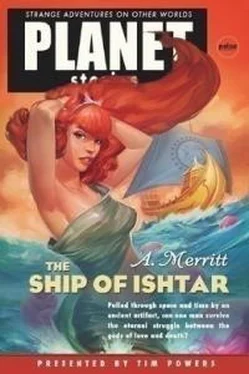
![Абрахам Меррит - Лунный бассейн [Лунная заводь]](/books/20623/abraham-merrit-lunnyj-bassejn-lunnaya-zavod-thumb.webp)
